
Kavacha (2019) (Hindi + Kannada) Dual Audio UnCut South Movie HD ESub
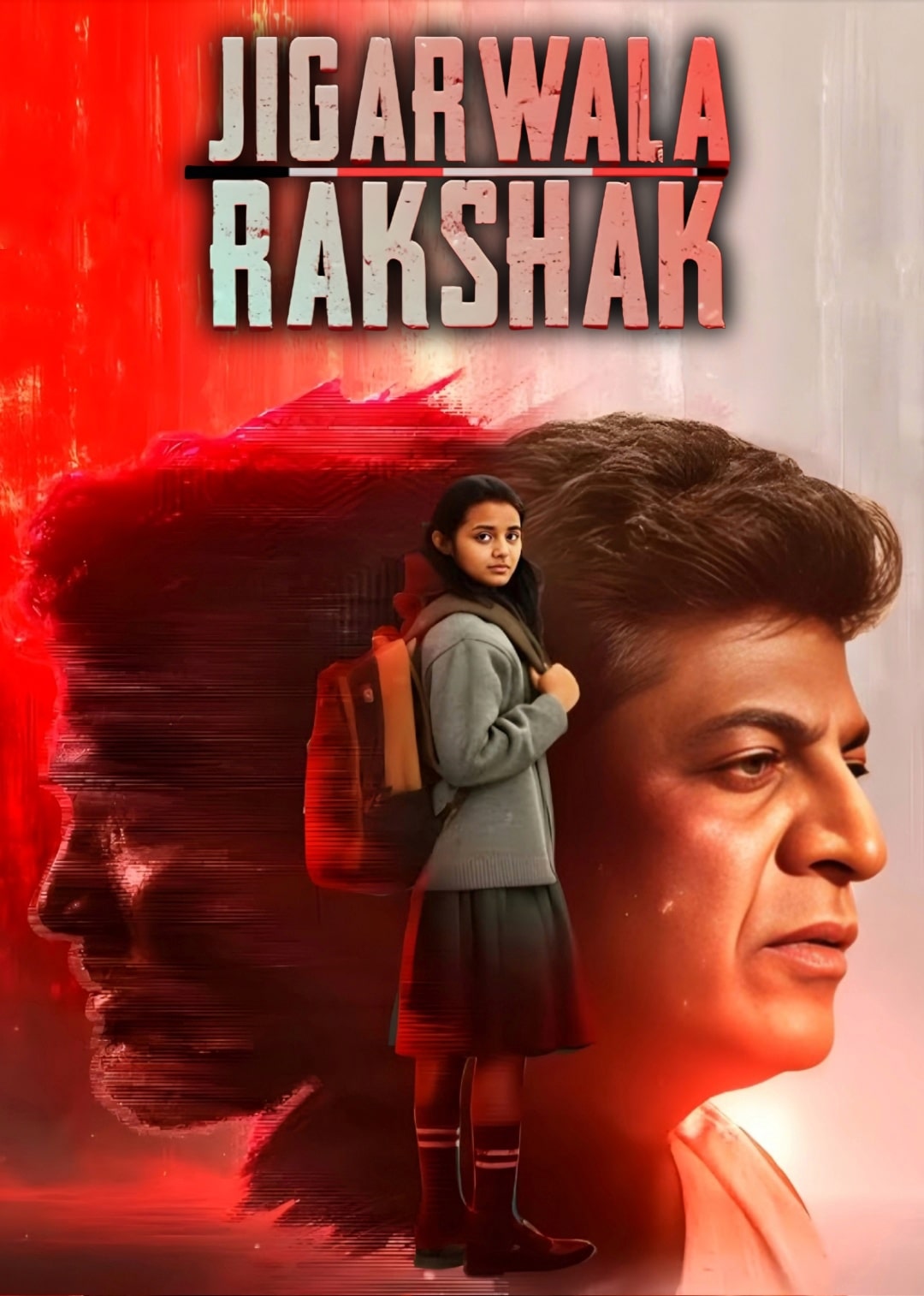
🎬 Thriller
🔍 Mystery
🎭 Drama
✓ Hindi + English dual audio
✓ English subtitles available
550MB
720p
1.2GB
2.4GB
6.0GB
📥 DOWNLOAD NOW
📦 Quality & File Details
⚙️ Technical Specifications
🎥 Video Details
Codec: HEVC (x265) / AVC (x264)
Resolution: 480p • 720p • 1080p • 2160p
Format: MKV / MP4
🎵 Audio Details
Languages: Hindi + English (Dual)
Subtitle: English (ESub) – Softsub
Channels: Stereo / 5.1 Surround
📸 Screenshots Preview
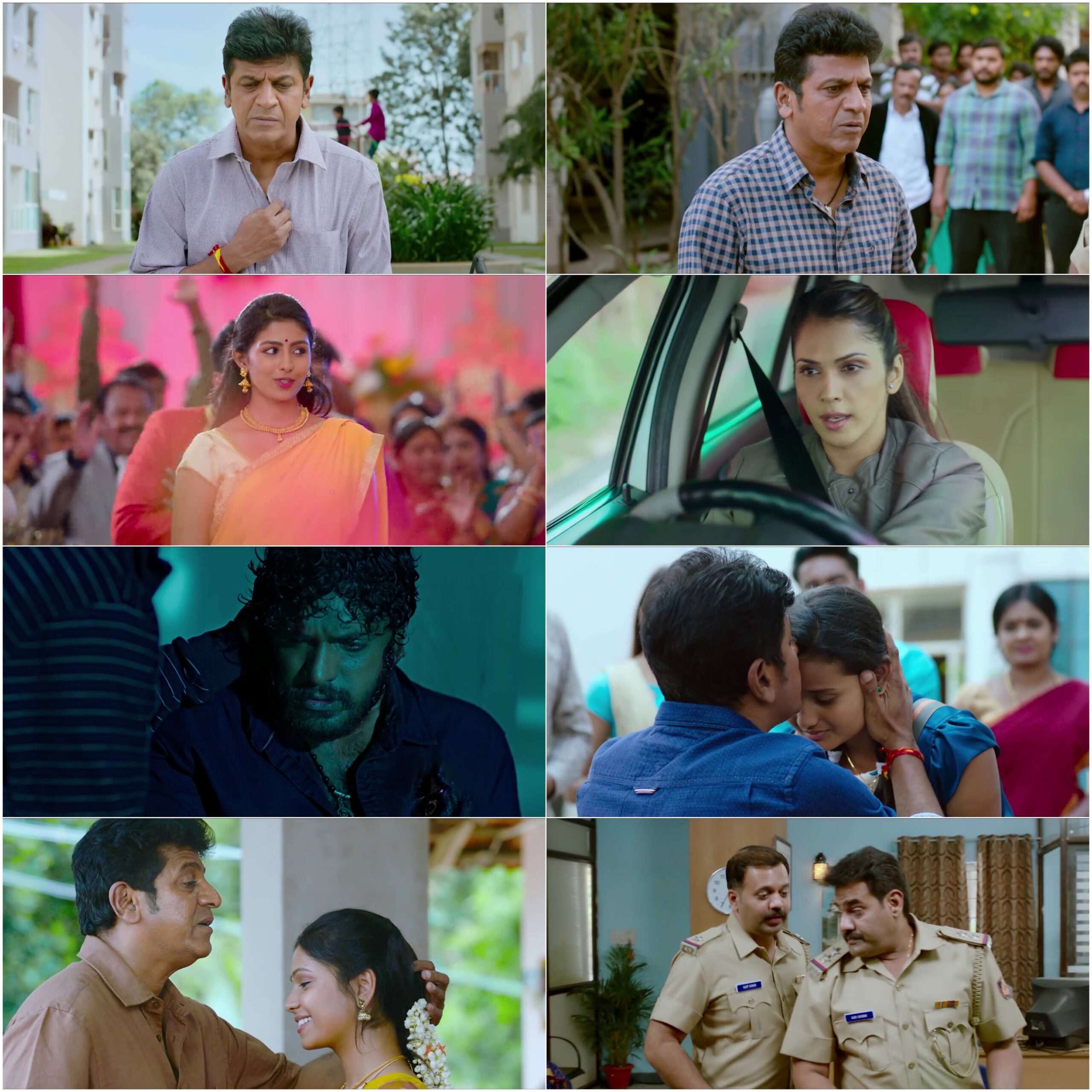
📖 Plot Summary / कहानी
Kavacha (2019) — Kannada Movie (Hindi dubbed available)
Complete movie details + full storyline (longform). Copy & paste into WordPress Text/HTML editor.
Important Movie Details
- Title
- Kavacha
- Original language
- Kannada.
- Release date
- 5 April 2019 (India).
- Director
- G. V. R. Vasu.
- Producer
- M. V. V. Satyanarayana & A. Sampath.
- Key cast
- Shivarajkumar, Kruthika Jayakumar, Isha Koppikar, Baby Meenakshi, Vasishta N. Simha.
- Genre
- Crime / Thriller / Drama.
- Runtime
- Approximately 158 minutes.
- Music
- Arjun Janya (songs & score).
- Notes
- Kavacha is an official Kannada remake of the 2016 Malayalam film Oppam. It received generally positive reviews for Shivarajkumar’s performance and the engaging suspense.
Sources: Wikipedia / film pages, IMDb and press reviews. 0
Full Storyline
Kavacha opens in a quiet apartment complex where the rhythms of ordinary life are punctuated by small, human details — the chatter of neighbors, the creak of stairwells, distant traffic and the hush of early mornings. At the centre of this microcosm is Ramappa (Shivarajkumar) — known to most as Rama — a dignified blind man who works as a lift operator. He moves through his world guided not by sight but by a highly tuned system of other senses: a specific way of hearing the gait of people, the scent of particular soap, the slightly different timbre of a child’s laugh. The film establishes his routines with empathy: he helps an elderly neighbour carry groceries, arranges flowers in the lobby, and tends to his small comforts with a gentle pride. There’s a quiet dignity to his life — one that the camera lingers on with patience.
Rama’s ordinary existence is upended the night he witnesses a violent crime in the building: a ruthless intruder murders a woman — a crime so swift and brutal that the natural reaction would be panic. But Rama, because of how he experiences the world, becomes an involuntary witness. He cannot identify faces, yet he notices particulars others miss: the distinct click of a certain shoe, the smell of a rare aftershave, the pattern of breath that betrays a smoker, and the faint metallic scrape that marks a weapon. These sensory breadcrumbs become his only tools in a world that demands visual proof. The intruder leaves, convinced there is no one who can testify — but Rama knows otherwise. He understands what happened in the hush of a corridor and the rustle of curtains.
The film’s early scenes spin out a careful moral puzzle. The victim is connected to a high-profile legal case: she is the daughter of a respected judge who has been involved in a contentious ruling. That ruling has made enemies — men whose private calculations and public power collide in ugly ways. As the police begin a formal investigation, some residents whisper about suspicious callers, and others worry that the building’s reputation will be stained. Meanwhile, the killer is unnerved: he senses the presence of someone who can spoil his carefully arranged alibi.
Into this tension enters the child, Nandini (Baby Meenakshi), the innocent schoolgirl who lives upstairs with her single father. Her life is small but bright: morning tiffins, school rucksacks, the ritual of homework and the pure delight of the occasional ice-cream. Fate moves them together when Nandini becomes the target of the same man who committed the murder. The reasons are practical and chilling; Nandini, by mere proximity and mischance, knows something — or is perceived as knowing something — that threatens to pierce the surface of a criminal scheme. Rama, who once kept to himself, finds himself bound by a fierce, protective impulse.
A key emotional axis of Kavacha is Rama’s layered interior life. The film reveals flashes of his past — a young man who once lived with sight and lost it through tragedy — short glimpses of a family that once trusted him and a moment when the world turned hostile. These memories are not spelled out as exposition but hinted at through the texture of objects: an old photograph tucked behind a loose tile, a worn walking stick polished at the handle, a lullaby hummed under breath. Shivarajkumar plays Rama with a subtle combination of reserve and steel; his performance suggests someone who learned to make the narrowness of disadvantage into a kind of moral focus.
Pragmatically, Rama must navigate the police investigation without exposing Nandini to further risk. He meets the officer assigned to the case — a competent but bureaucratic inspector whose first instinct is to look for visual evidence and suspects with clear motives. Rua’s methods clash with Rama’s sensory logic. Still, Rama’s testimony — the odd rhythm of a passing vehicle, the creak in a stair, the sequence of footsteps that night — slowly begins to shape the police narrative. But Rama’s words are fragile in the courtroom of sight: how do you translate a smell into proof? How does one verify a precise cadence of breath? This narrative problem becomes the film’s engine; it creates suspense because Rama’s knowledge is accurate but hard to pin down for others.
The killer, meanwhile, is methodical and cold. He returns to the building, under the false comfort that a blind man is an inconvenient witness and that the child is an easy problem to manage. His movements are staged — he checks for cameras, he bribes a watchman, he plants misdirection. Yet each time he operates he leaves behind sensory signatures: a crushed leaf from a rare plant, a smoking stick of incense with a unique scent, the crumpled wrapper of an imported candy. Rama remembers these details. The story becomes a cat-and-mouse game in which Rama’s mind pieces together what the camera cannot show.
The film’s middle act deepens the stakes when Nandini’s father — a man of gentle temper — becomes entangled with creditors and shadowy men who see his family as a bargaining chip. Rama’s protection shifts from being merely compassionate to something more personal; he begins to assemble practical safeguards for the girl — changes in Nandini’s routine, coded messages, and teaching her simple ways to alert neighbours without risking exposure. The sequence where he trains her to recognize and remember small sounds (a neighbor’s bicycle bell, a cat’s meow, the neighbor’s unique laughter) becomes a tender montage of trust. Their relationship grows: the blind protector whose senses translate into small acts of love, and the child whose instinctive faith becomes the film’s moral heart.
The screenplay cleverly uses the building itself as an active character. Tight corridors, vertical shafts, and hidden vents become arenas for tension; the stairwell echoes with the memory of boots and a dropped glove. Neighbours — previously background players — shift between helpful and complicit, showing how pressure and fear can fracture a community. The narrative also introduces a morally ambiguous antagonist: a garrulous upper-class resident who outwardly appears charitable but whose private alliances point toward deeper complicity. These moral gradients make Kavacha less about a single villain and more about a social landscape where power and fear shape choices.
As investigations proceed, Rama is confronted with a painful ethical question: to bring the killer to justice in a way that might expose Nandini to more danger, or to protect the child and let the legal system take its cautious course. The film resists easy answers. Rama’s decision to act is not heroic in a simplistic sense; it is borne of accumulated small moral choices and an internal code that refuses to accept the quiet crushing of the vulnerable. The film stages his retaliation not as an act of vengeance but as a desperate, precisely measured move to cut off the threat.
The penultimate act is taut — scenes move in short, breathless beats. Rama sets up a trap that relies less on violence and more on exposure. He manipulates scent trails, times movements with busy city sounds to hide Nandini’s escape, and constructs an auditory map that draws the killer into a false sense of control. The killer, thinking he has the advantage, makes a misstep — a cigarette butt dropped in an unusual place, a shoe scuff on a balcony that does not match his gait — small details that Rama notices and uses to corner him.
When the final confrontation arrives, it is not a cinematic brawl of fists and spectacle but a high-tension sequence of intellect and nerve. Rama must outthink a man who believes he is invisible because he wields money and influence. The choreography of the scene has the kill-zone as the building’s service lift — a claustrophobic metal box where sound and silence matter. Rama, moving with an assured economy of motion, relies on the sounds of breathing, the scrape of the killer’s fingernails on metal, and the whisper of the wind. His final act is precise: he disables the killer with a piece of quick improvisation and alerts the neighbours in a way that makes the violent man’s options collapse.
The resolution is both satisfying and melancholic. The killer is exposed not just by Rama but by the community’s slow awakening, prompted by the blind man’s insistence on truth. The film refuses cheap catharsis: Rama’s victory is not gilded with triumphalism. There are consequences — legal wrangling, bitter revelations about failing institutions, and a reminder that justice, while essential, does not erase trauma. Nandini’s life is saved, but the emotional weight of the events lingers. The court scenes that follow are humane and careful, showing how practical proof is assembled from intangible observations, and how one honest man’s testimony, backed by patient reconstruction, becomes sufficient to pierce a web of corruption.
Kavacha ends with small domestic images: Rama setting out jasmine flowers in the lobby, Nandini returning to school with a brighter step, neighbours exchanging a newly candid respect. The film closes not on spectacle but on the quiet dignity of everyday life restored. The camera holds on Rama’s face — weathered, resolute, a man who has learned that sight is not the only way to see the truth.
The film is elevated by its technical craft. The sound design — crucial for a story centered on non-visual perception — is rich and layered: distant traffic becomes a clock, a dripping tap becomes a metronome of tension. The score is sparse when it should be quiet and swelling when it needs to carry emotional heft. Shivarajkumar’s performance is the film’s anchor; he balances vulnerability and purpose with controlled movements and expressive voice work. Supporting turns — the worried father, the stone-faced inspector, the approximating neighbours — create a lived world that feels convincing.
In its best moments, Kavacha is a study of attention: how noticing small things can change outcomes, how compassion can become a weapon against cruelty, and how ordinary places contain extraordinary stories. It’s a thriller that trusts the intelligence of its audience, building tension through the accumulation of sensory detail rather than relying on endless shocks. The emotional core — the bond between a blind man and a child — gives the film its warmth, while the criminal elements provide a steady, suspenseful engine. For viewers, the film is both a gripping crime drama and a tribute to the human capacity to protect what matters.
Final Verdict:
Kavacha (2019) is a tightly woven thriller anchored by a strong lead performance and thoughtful sound design. It transforms a simple premise into an emotionally resonant and suspenseful film — recommended for fans of intelligent crime dramas and character-driven storytelling.
© 2025 – All Rights Reserved | Enjoy your download! 🎬









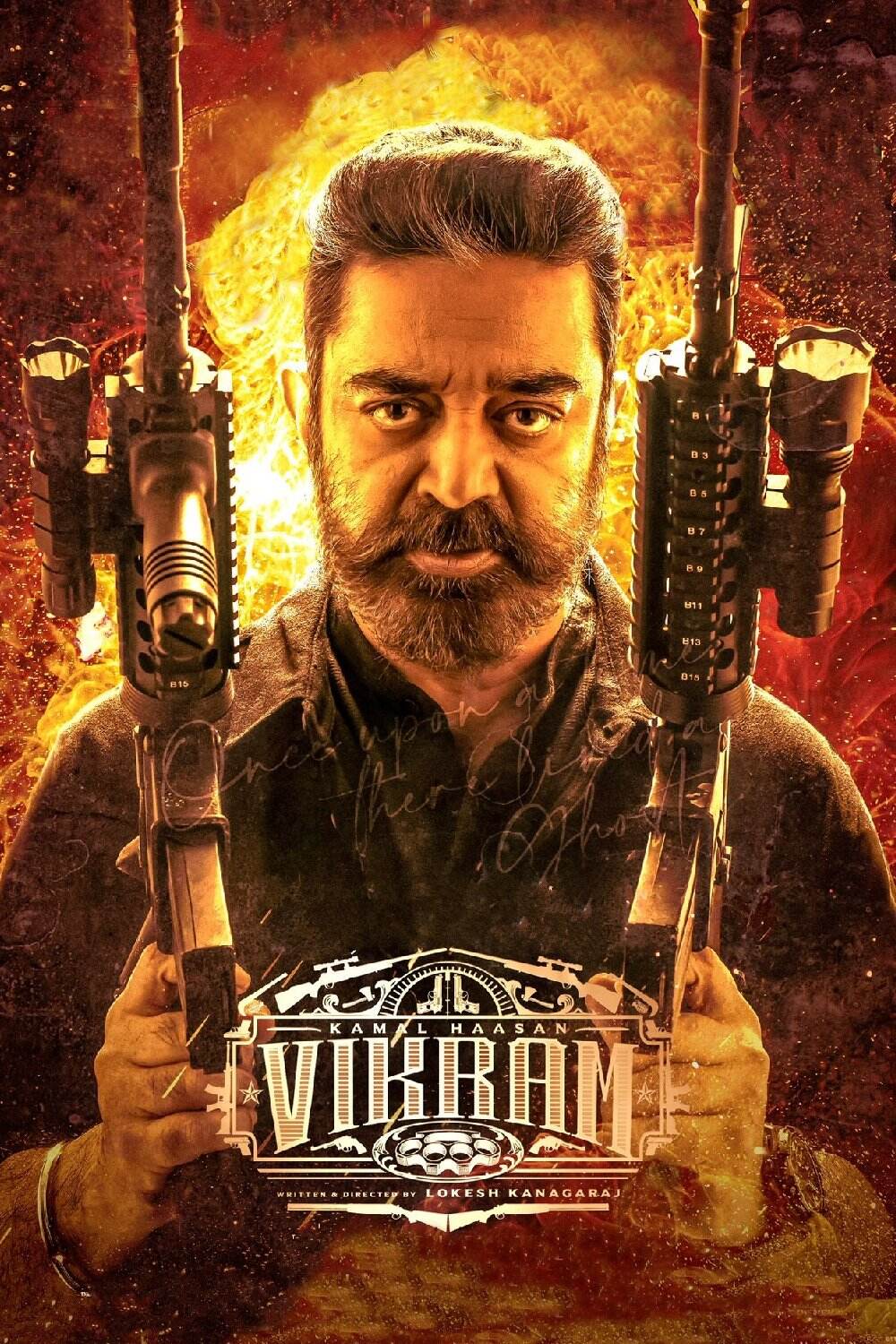
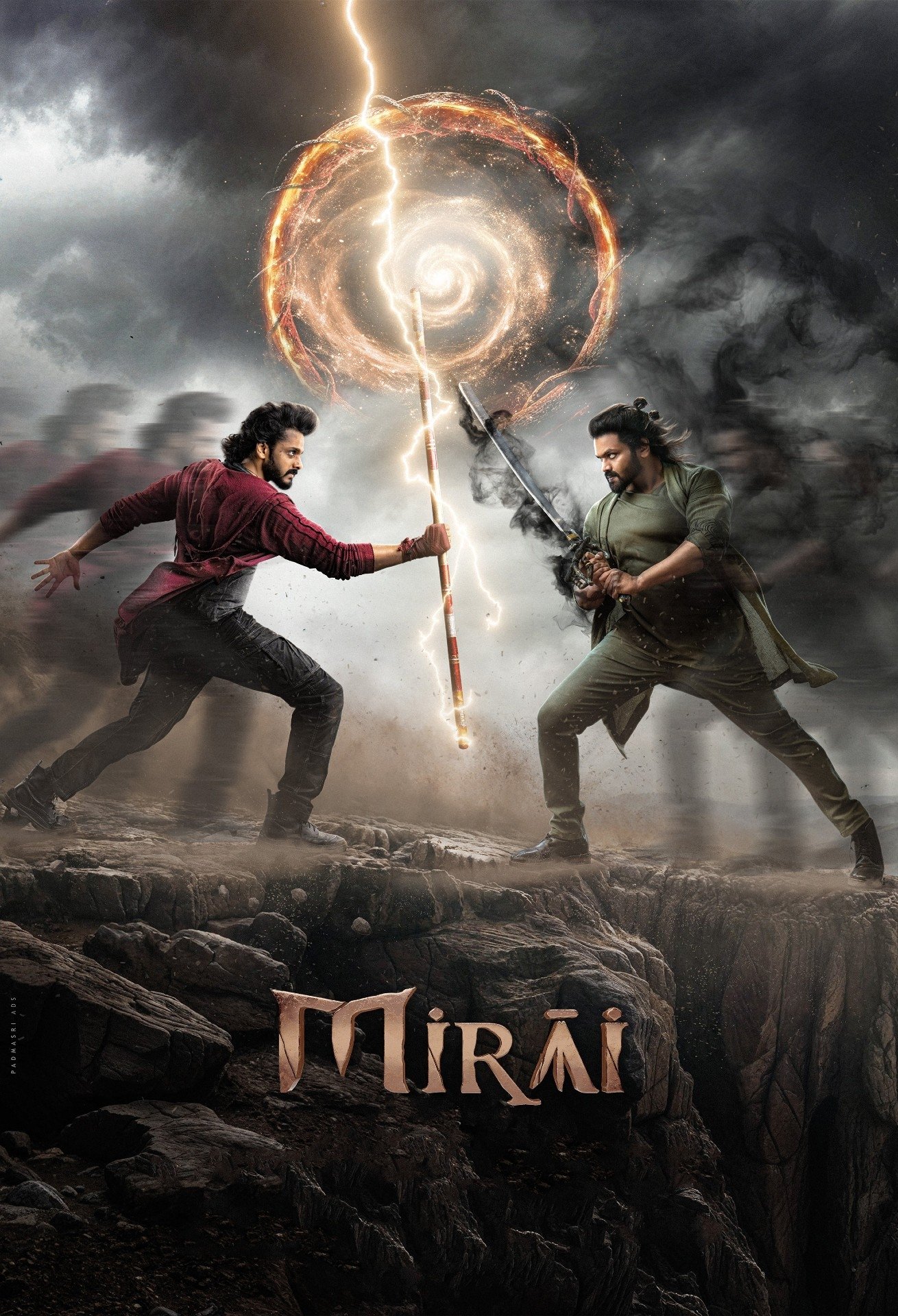
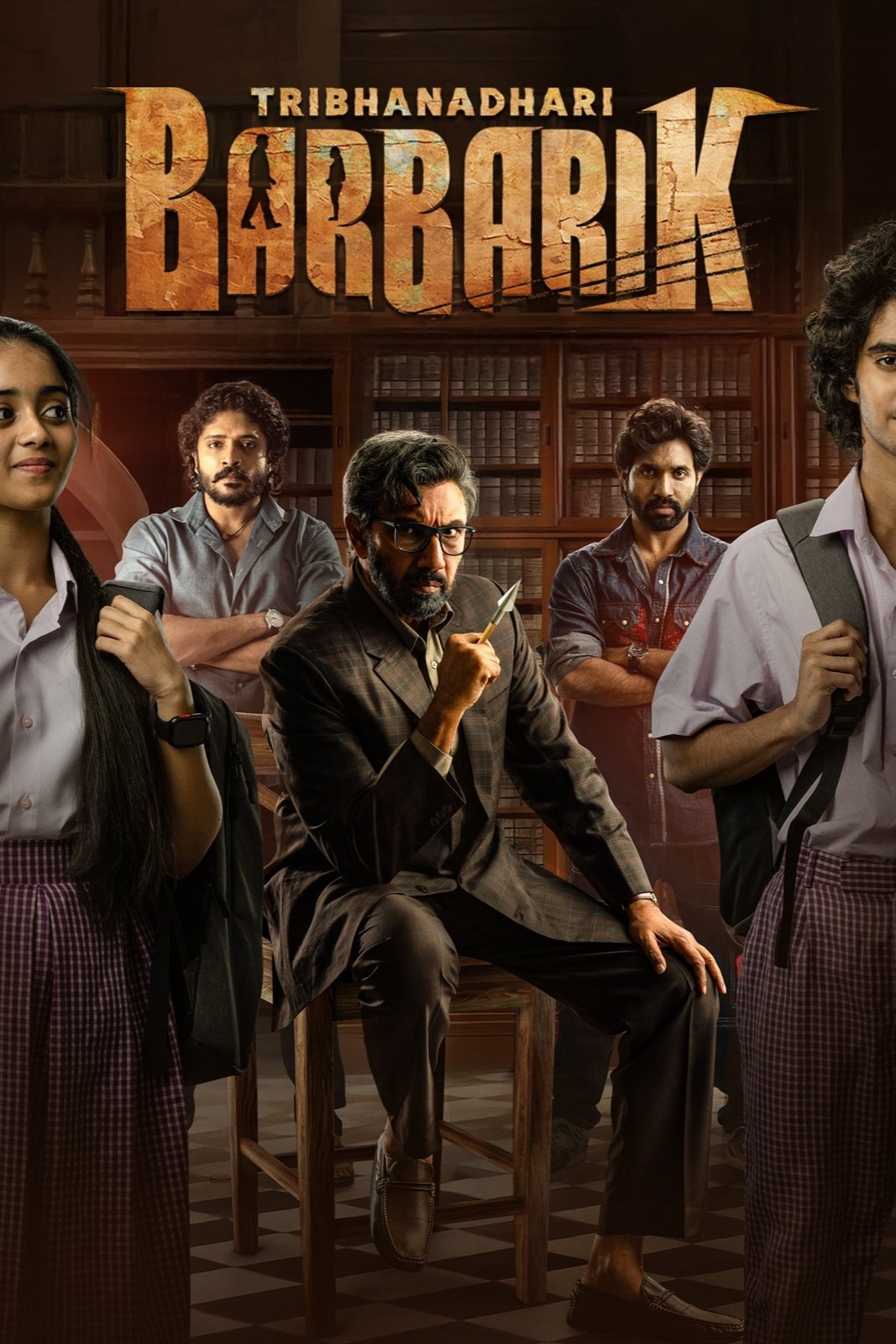









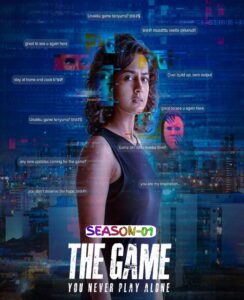
Post Comment